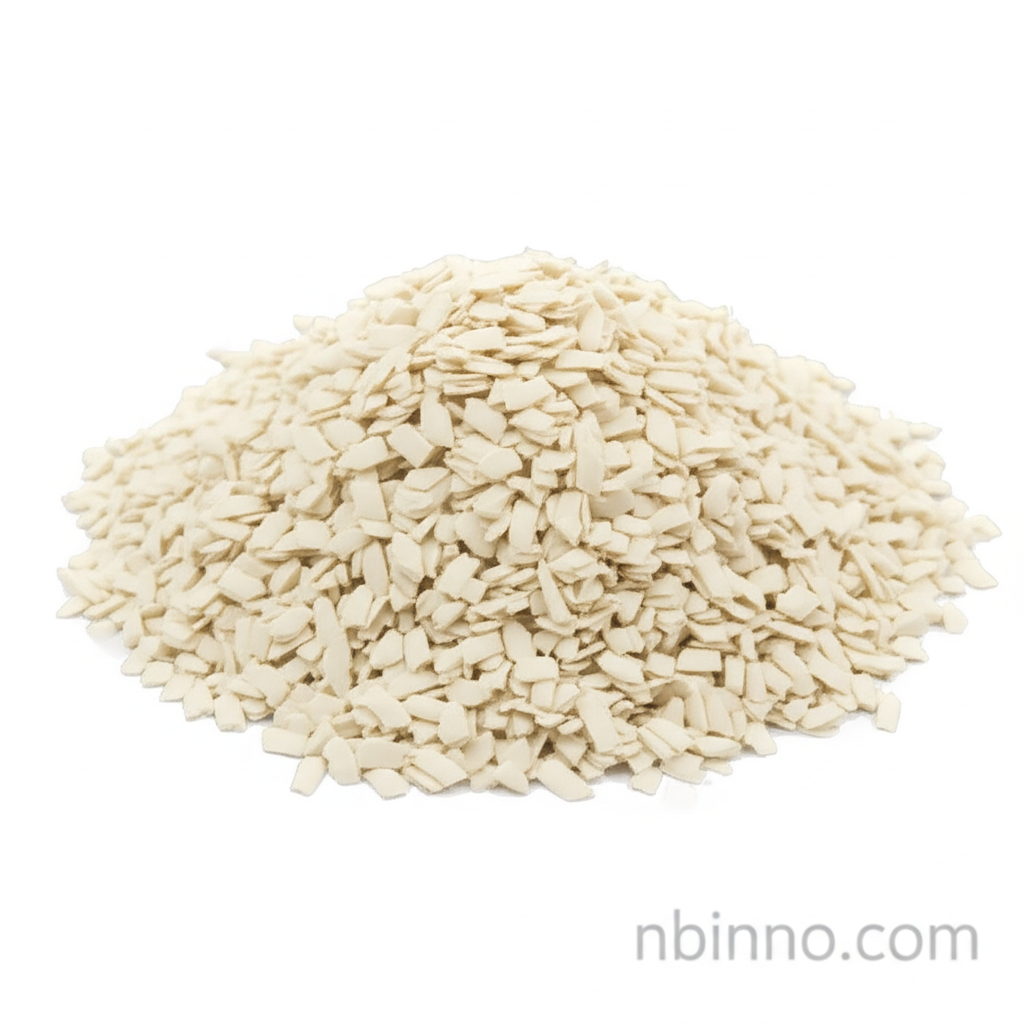Polychloroprene (CR) Rubber: Properties, Applications, and Benefits as a Versatile Elastomer
Discover the exceptional balance of properties that make Polychloroprene, or Neoprene, a leading synthetic rubber for demanding industrial applications.
Get a Quote & SampleProduct Core Value

Polychloroprene Rubber
As a leading supplier in China, we offer Polychloroprene (CR) rubber, widely known as Neoprene. This synthetic elastomer is celebrated for its exceptional balance of physical and chemical properties, making it indispensable across a vast array of industrial sectors. Its inherent resistance to oils, fuels, ozone, and weathering, coupled with good mechanical strength and flame retardancy, ensures reliable performance in challenging environments. We pride ourselves on being a trusted manufacturer in China, providing high-quality CR rubber for your critical needs.
- Benefit 1: Superior Oil and Fuel Resistance | Polychloroprene rubber exhibits excellent resistance to petroleum products, lubricants, and hydraulic fluids, a key factor when considering oil resistant elastomer uses.
- Benefit 2: Enhanced Weathering and Ozone Resistance | The material's robust protection against ozone, UV radiation, and general weathering effects contributes to its long-term durability in outdoor applications.
- Benefit 3: Robust Chemical Compatibility | Polychloroprene offers resistance to a wide range of moderate chemicals, acids, and bases, making it a valuable asset in chemical processing industries.
- Benefit 4: High Mechanical Strength and Durability | With excellent tensile strength and tear resistance, along with good compression recovery, CR rubber is a reliable choice for demanding applications.
Advantages Delivered by This Product
Exceptional Durability
The superior mechanical properties of Polychloroprene rubber, such as high tensile strength and tear resistance, ensure its longevity in demanding industrial settings, aligning with discussions around polychloroprene rubber properties.
Versatile Application Range
From automotive components to construction materials, the balanced properties of CR rubber make it suitable for diverse uses, supporting the exploration of CR rubber applications.
Environmental Resilience
Its strong resistance to ozone, weathering, and moderate chemicals allows this synthetic rubber to perform reliably in various environmental conditions, a key aspect of neoprene chemical resistance.
Key Applications
Automotive Components
Neoprene is extensively used in the automotive sector for gaskets, seals, hoses, and belts due to its oil and weathering resistance, contributing to reliable vehicle performance.
Industrial Sealing Solutions
In industrial settings, CR rubber serves as robust gaskets and seals, providing dependable performance even when exposed to oils and moderate chemicals, a prime example of its oil resistant elastomer uses.
Construction and Building
Its durability and resistance to environmental factors make it ideal for construction applications like weather stripping, expansion joint covers, and vibration isolation pads.
Protective Jacketing
Polychloroprene's properties also make it suitable for cable jacketing, offering protection against abrasion, chemicals, and environmental elements.
